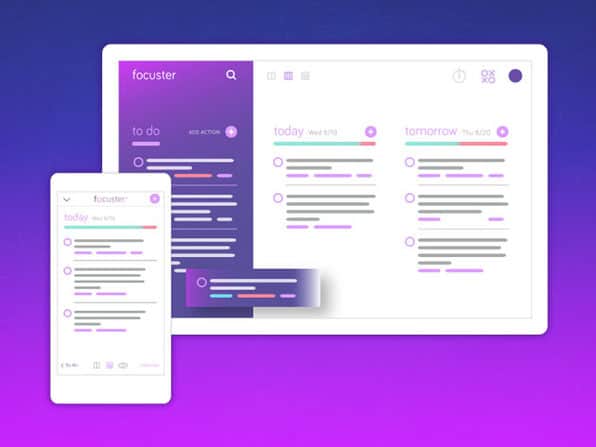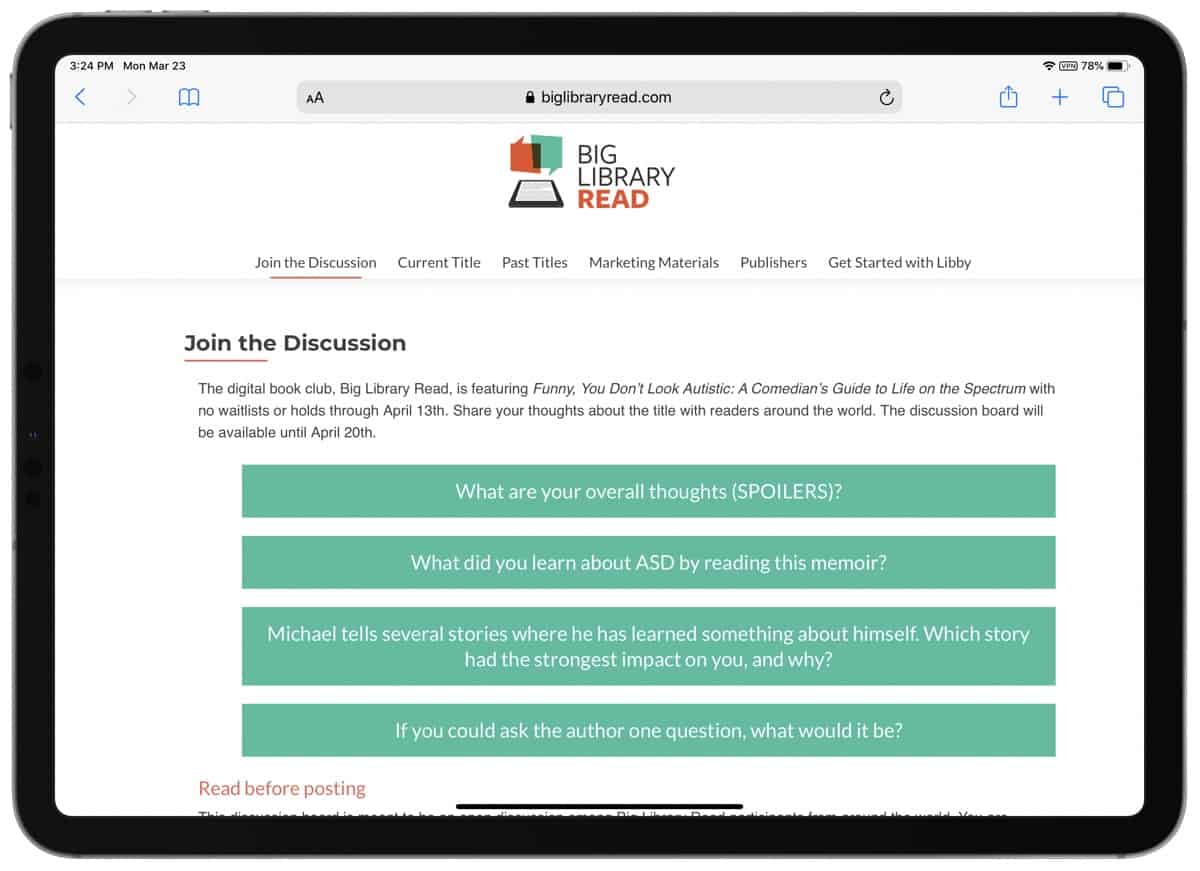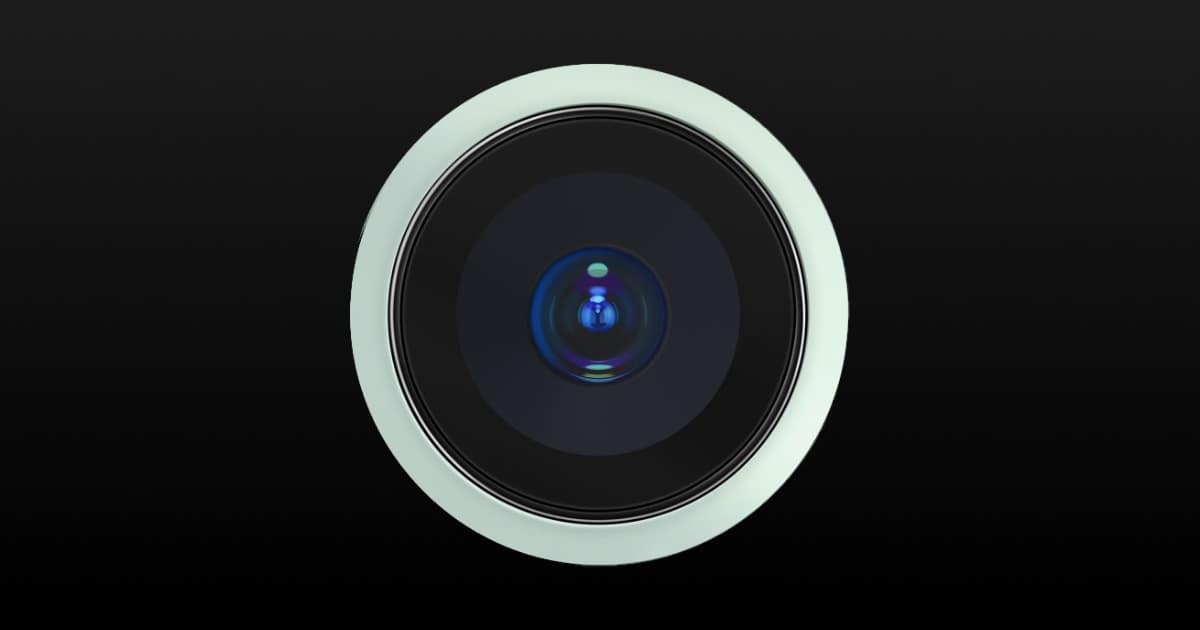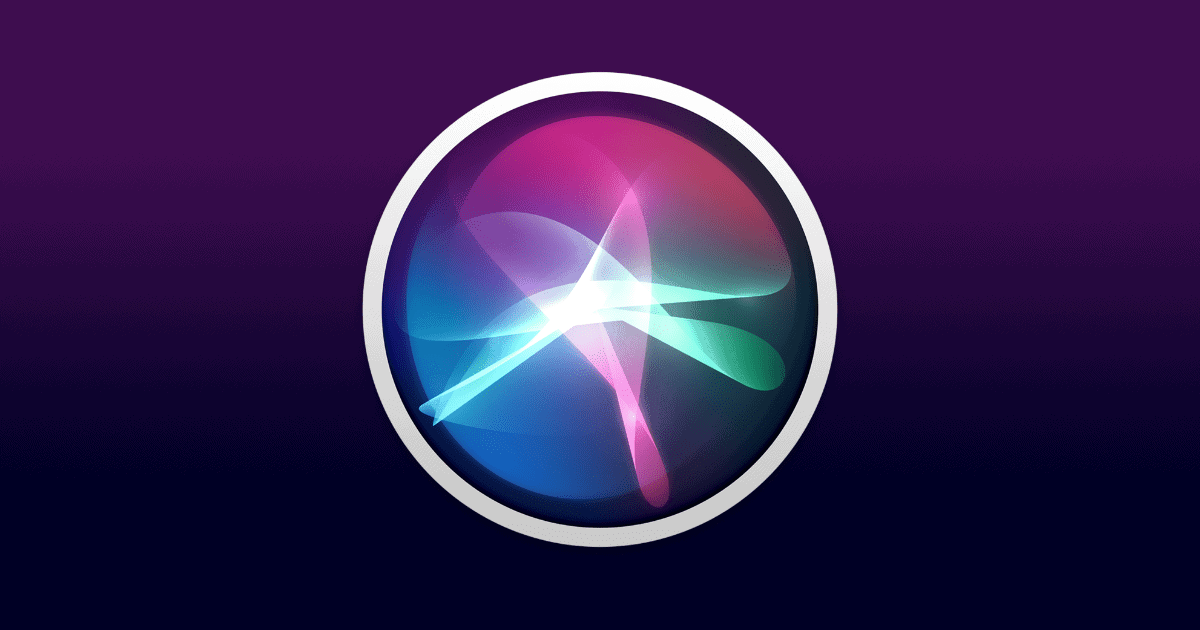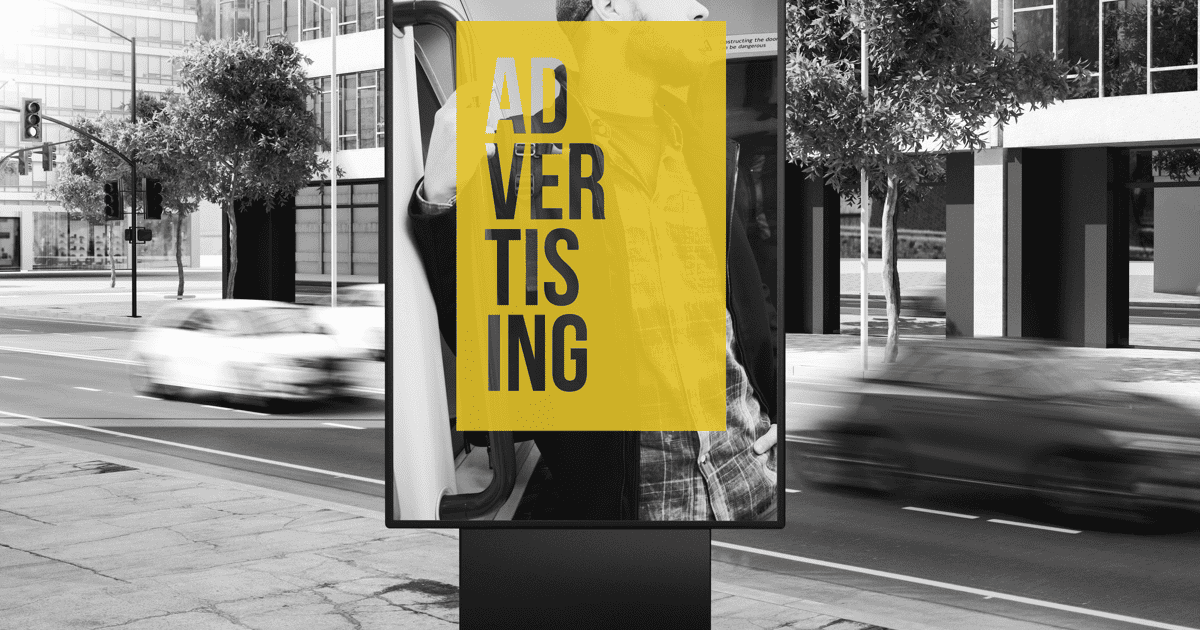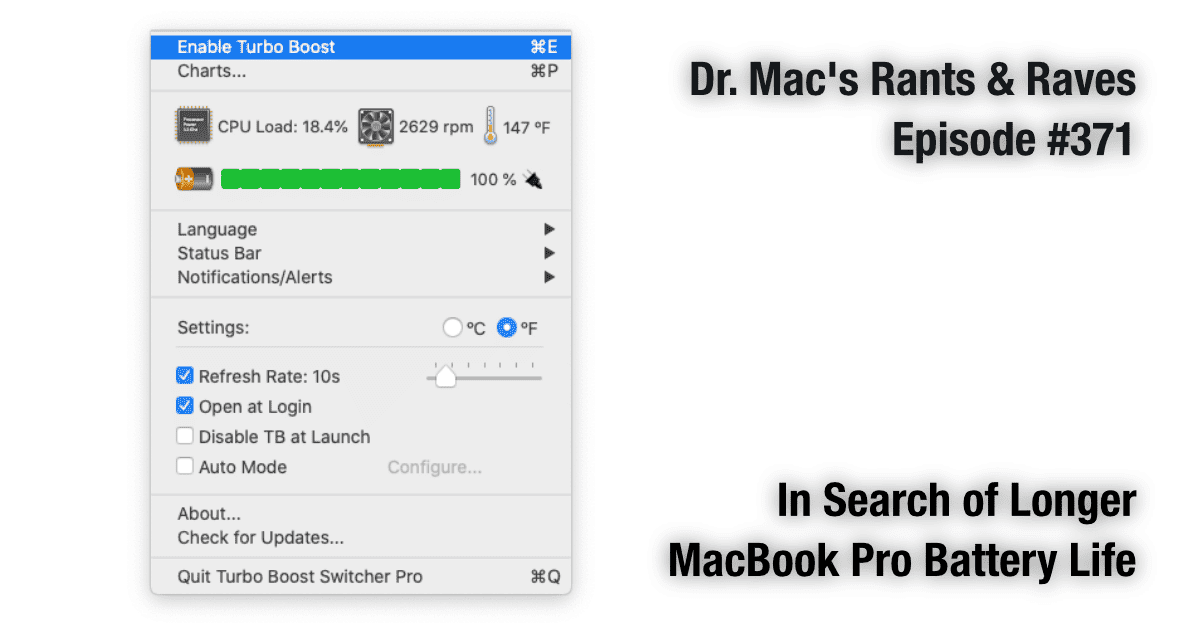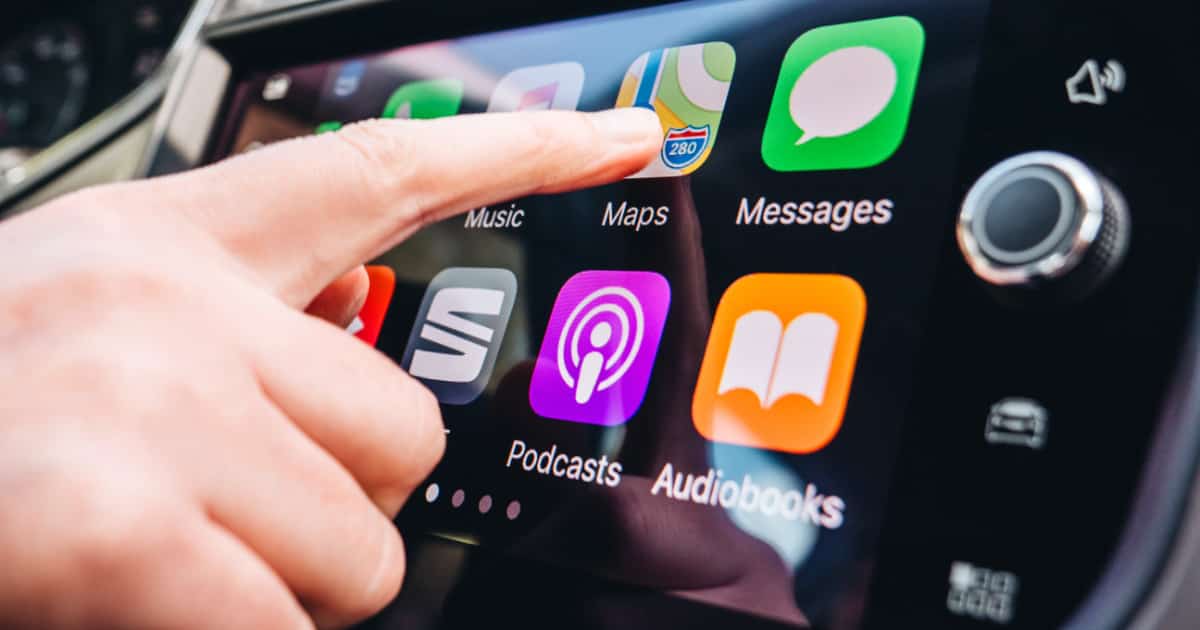Enter our new international giveaway for a chance to win the brand new iPhone 16 Pro.
Cellebrite Releases Report of Digital Intelligence Trends 2020
Forensics company Cellebrite, mainly known for its iPhone hacking capabilities, released a report of top digital intelligence trends for 2020. One thing that stuck out at me:
…over 70 percent of officers are still asking witnesses and victims to surrender their devices…However, most people do not want to have their primary communication device taken away for an indefinite period. To combat this issue, 67 percent of agency management believe that mobility technology is important or very important to the agency’s long-term digital evidence strategy and 72 percent of investigators believe it is important to conduct in-the-field extractions of this data.
In other words, it sounds to me like LE wants the capability to extract data from devices on site, instead of sending it to a lab. Fast action is important for LE, but it may also be too fast for people to think about those pesky rights they have before handing their phone over.
Lawyers: Turn off Alexa and Google Home Before Confidential Meetings
Lawyers who are working from home are encouraged to turn off devices like Amazon Alexa and Google Home because these products may eavesdrop.
“Perhaps we’re being slightly paranoid, but we need to have a lot of trust in these organizations and these devices,” Hancock said. “We’d rather not take those risks.”
The firm worries about the devices being compromised, less so with name-brand products like Alexa, but more so for cheap knock-off devices, he added.
It’s definitely not just cheap knock-offs.
TMO Contributor Kelly Guimont (#10) - TMO BGM Interview
Kelly Guimont is a long-time podcaster, Contributing Editor for The Mac Observer, the host of the Mac Observer’s Daily Observations podcast, and a tech support guru.
In her 10th appearance, Kelly and I chat about our favorite streaming TV shows of late. I open segment #1 with a critique of Amazing Stories: “The Cellar” (Apple TV+), then rave reviews for a shared favorite, Star Trek: Picard and a Kelly favorite: Westworld S3 (HBO). In segment #2: Kelly: The Expanse (Amazon), Wynonna Earp (SyFy). John: Outlander (S3) (Netflix) and Night on Earth (Netflix). Join us as we explore together what’s great (and not great) about these shows.
Boost Focus and Productivity By Turning To-Do Lists into an Organized Schedule: $50.15
We have a deal on Focuster, a web-based productivity app that turns your to-do lists into an organized schedule. It syncs with Google Calendar, which means it requires a Google account, and it prioritizes tasks, can auto-schedule them in your calendar, utilizes smart reminders, tracksyour progress, and much more. A lifetime subscription to this service is $59 through our deal, but coupon code SPRINGSAVE15 brings the checkout price down to $50.15.
Check Out ‘Big Library Read’, an Online Book Club
Big Library Read is an online book club from OverDrive. It connects readers from around the world with one eBook at a time and offers a place to share your thoughts, comments, and questions of the book with other readers.
This round’s title is Funny, You Don’t Look Autistic, a memoir written by stand-up comedian Michael McCreary who shares his experiences of living on the spectrum and dealing with trying situations as someone who doesn’t “look” autistic.
I think it’s a great idea, and be sure to download the Libby app so you can borrow books from your local library.
Government Excludes Apple Watch From Tariffs
The U.S. Trade Representative approved Apple’s request to exclude the Apple Watch from U.S. tariffs on imported Chinese goods.
Tim Cook: Apple is Donating 'Millions' of Masks to Help Healthcare Workers Fighting Covid-19
Apple CEO Tim Cook tweeted on Saturday that the company is donating “millions” of masks to help protect healthcare workers in the U.S. and Europe who are treating those with Covid-19. The Verge noted that this followed a statement made earlier in the day by Vice President Mike Pence.
Cook’s tweet appears to confirm a statement earlier in the day by Vice President Mike Pence. “The president and I literally heard directly from Apple that they’re donating 2 million industrial masks to this effort around the country and working with our administration to distribute those,” Pence said at a White House press briefing. How (and if) Apple was able to get the two million masks Pence referenced isn’t clear — The Verge has reached out to the company for more information. Globally, masks are in high demand, but supplies are running low.
Are Camera Apps Worth the Expense?
Alex Coleman writes about camera apps and why they’re probably not worth the purchase.
After shooting extensively with the latest versions of some of these apps, including an in-depth comparison against the stock camera app, I don’t believe there’s much value in keeping them installed. Put simply, the phone manufacturers have added enough “secret sauce” to their imaging pipeline that an app just won’t create a better quality image, in most cases.
You know, I have to agree with this. Just based on my own experience, I’ve used a ton of different camera apps over the years, and eventually stopped using every single one, until now I stick with Apple’s built-in camera app.
China Pulls Apps, Ebook Tips – TMO Daily Observations 2020-03-23
Andrew Orr and Bryan Chaffin join host Kelly Guimont to discuss China’s outsized App Store power, and getting free ebooks from a few sources.
AAPL Falls, Taking Firm Below $1 Trillion Valuation
AAPL stock fell after markets opened, taking Apple below the £1 trillion valuation it regained back in October.
Apple Offers 10% When You Add Funds to Apple ID
Apple is giving customers a way to earn a bit of extra cash. When you add funds to Apple ID you get a 10% bonus.
Oprah Has a New Coronavirus Show on Apple TV+
Oprah has launched a special new show on Apple TV+ discussing the coronavirus outbreak with a variety of guests.
Apple TV+ Throttling Video Streaming to Help Reduce Strain on European Broadband
Apple TV+ has reduced the bit rate quality of its streamed-video to help ease the strain currently on European broadband networks.
Siri Can Walk You Through Symptoms of Coronavirus
Siri has a new capability: She can list the symptoms of coronavirus if you question if you have it, and give you advice based on your answers.
Apple Books Gives Out Free Books and Audiobooks
On Sunday Apple customers may have noticed a notification from Apple Books. It offers free books and audiobooks for the whole family.
Should We Ban Targeted Advertising?
Gilad Edelman asks an important question at Wired: Why don’t we just ban targeted advertising?
The solution to our privacy problems, suggested Hansson, was actually quite simple. If companies couldn’t use our data to target ads, they would have no reason to gobble it up in the first place, and no opportunity to do mischief with it later. From that fact flowed a straightforward fix: “Ban the right of companies to use personal data for advertising targeting.”
Instead of, or in addition to, banning or restricting targeted advertising, I think we should go a step further and restrict data collection, which is what these companies use for these ads in the first place. When any startup without a track record can enter the business of collecting and selling our personal information, that’s a problem.
The Great Internet Blocking Conspiracy – Mac Geek Gab 807
Options for Apple TV Volume, Silencing CarPlay upon connect, LTE internet options, and managing the shared family calendar only scratch the surface of this episode’s content: the mailbag overflows with your tips and questions, and John and Dave do their level best to share, answer, entertain and inform! Press play to learn about all this and more; and learn five new things in the process!
Freesay TWS Simultaneous Translation Earphones: $169.99
We have a deal on a pair of Freesay TWS Simultaneous Translation Earphones. The company says these wireless earbuds deliver 97% accurate two-way translation, with 30+ languages under Wi-Fi or mobile hotspot connection. They also play music, have noise canceling, and come with a charging case that can be used in the translation process. They’re $199.99 through our deal, but coupon code SPRINGSAVE15 brings the checkout price down to $169.99.
In Search of Longer MacBook Pro Battery Life
Bob “Dr. Mac” LeVitus has been looking for ways to eke out more battery time from the 7-year old MacBook Pro, and he shares what he’s learned.
Netflix Relief Fund Gives $100M for Halted Productions
Netflix is creating a US$100 million relief fund to help productions that were halted due to the coronavirus.
Manfredi Gioacchini Used an iPhone to Document Climate Change in Antarctica
Documentary photographer Manfredi Gioacchini is documenting climate change in Antarctica. His tool? An iPhone.
“Most of the usage was related with video recording, in fact the audio of the new phone is incredible,” says the photographer. “That’s important in matters of the climate change… capturing the sounds of icebergs breaking down…”
He also managed to take advantage of the phone’s Night Mode, though it wasn’t necessary for most of the trip, since the sun never dipped below twilight. Scroll down to see Manfredi’s photos for yourself.
Important work, and also beautiful.
5 Resources For Meditation, Mindfulness, and Exercise
We live in stressful times, but there are some fantastic digital resources out there to help with meditation, mindfulness, & exercise.
CarPlay Slows Driver Reactions Even More Than Alcohol, Study Finds
CarPlay is fantastically useful, but new research reported on by AppleInsider suggests that it could severely limit your reaction time. The study for UK road safety charity IAM RoadSmart showed that in-vehicle infotainment systems can impair drivers’ reactions even more than cannabis or alcohol do.
Regardless of the infotainment system, all users showed significantly slowed reaction time. Undistracted drivers typically showed a one-second reaction time. Those who used the voice-controlled Apple CarPlay saw a 36% increase in their reaction time, which rose to 57% when they used the touch interface. Android Auto users faired only slightly better—a 30% increase in reaction time when using voice control, and 53% when using touch controls. For comparison, those who drive under the influence at the drink-drive limit showed a 12% increase in reaction time, and those who used cannabis saw a 21% increase.
macOS: Here’s How to Restore the Mac Startup Chime
Are you looking to restore the Mac startup chime? Many newer Macs do away with this feature but you can bring it back with a terminal command.



